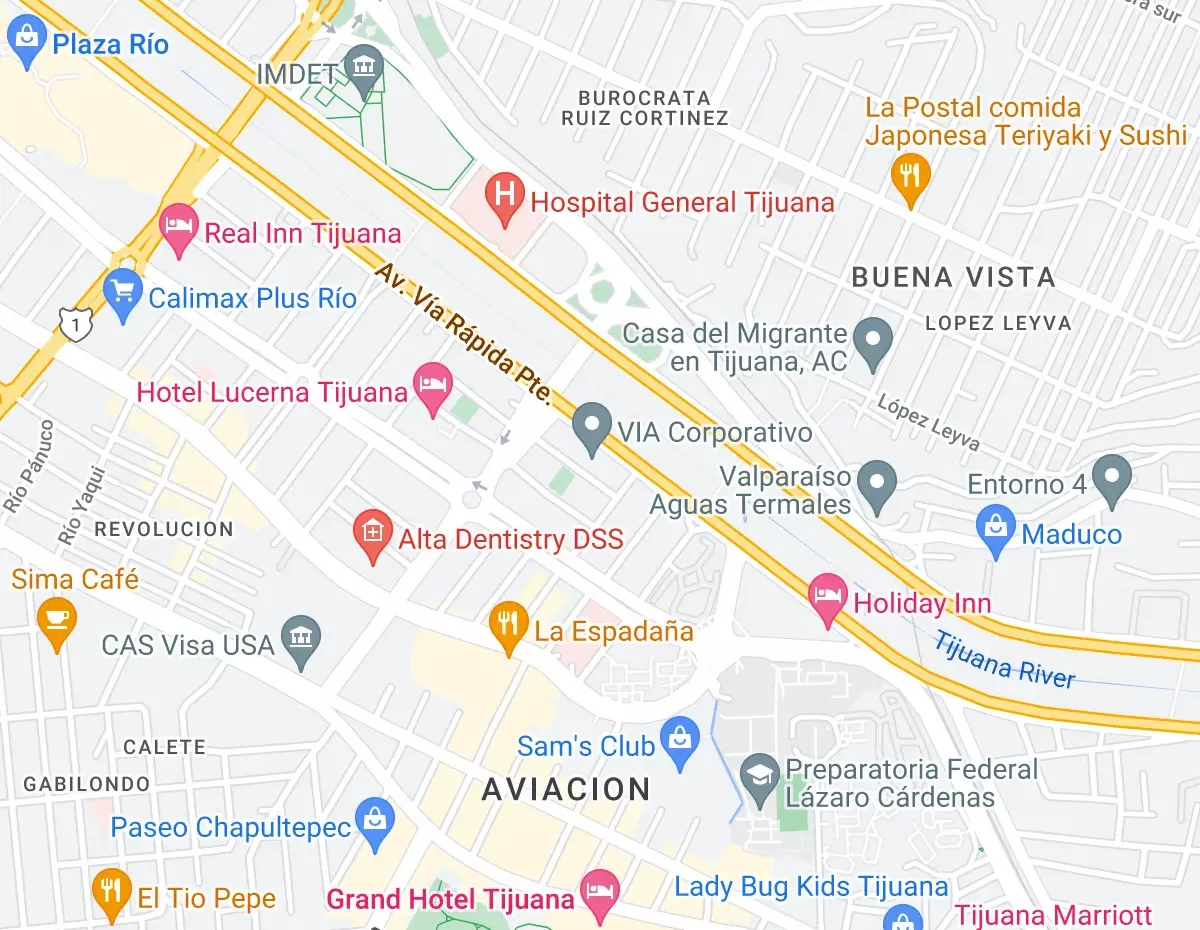Ibogaine treatment has been gaining attention in recent years as a potential breakthrough in addressing drug addiction. Derived from the roots of an African shrub, ibogaine is a psychoactive substance known for its ability to disrupt patterns of substance dependence. Specifically, it has shown promise in treating addictions to substances like heroin and stimulants, offering new hope for those struggling with opioid dependence.
Ibogaine therapy works by interacting with the brain's neurotransmitters and receptors, providing a unique and intense psychoactive experience that can help individuals confront and overcome their drug dependence. While the use of ibogaine for drug addiction treatment is still considered controversial in some medical circles, many people have reported significant benefits from undergoing ibogaine treatment for opioid dependence.
In this guide, we will explore the origins and mechanisms of ibogaine therapy, as well as provide insight into its potential benefits and risks for those struggling with drug addiction.
Key Takeaways
- Ibogaine treatment is a cutting-edge approach for addiction therapy that uses a psychoactive substance derived from the African shrub Iboga. Known for its unique ability to disrupt substance dependence patterns, ibogaine has shown significant potential in treating addictions to opioids, stimulants, and other substances. This innovative treatment offers new hope for individuals seeking recovery from drug addiction.
- Ibogaine works by interacting with various neurotransmitter systems in the brain, particularly affecting opioid receptors. This interaction helps to rapidly reduce withdrawal symptoms and cravings, providing a form of accelerated detoxification. Additionally, ibogaine may promote neuroplasticity, allowing the brain to form new neural pathways that support recovery and long-term sobriety.
- The ibogaine treatment process involves a carefully managed procedure, typically conducted at specialized clinics in countries where its use is legal. It includes thorough medical assessments, oral administration of a calculated dose, a quiet recovery period, and post-treatment psychotherapy. Safety is paramount, as ibogaine can cause severe cardiovascular complications and intense psychological experiences.
- While ibogaine offers promising benefits for addiction treatment, including the potential for rapid detoxification and profound psychological insights, it is not without risks. These include severe cardiovascular issues, possible exacerbation of mental health conditions, and the need for treatment in controlled environments due to its Schedule I classification in many countries. Thorough medical screening and professional supervision are essential.
- Ibogaine is classified as a Schedule I controlled substance in the United States, making it illegal for use within the country. As a result, individuals seeking ibogaine treatment must travel to countries where it is legal. Despite its legal challenges, ongoing research and clinical trials are exploring ibogaine's efficacy and safety, with organizations like MAPS leading efforts to understand its therapeutic potential for addiction treatment.
What is Ibogaine Treatment?
Ibogaine is a naturally occurring psychedelic compound found in the roots of a shrub native to Central Africa. Called ibogaine, this substance has been used for centuries for medicinal and ritual purposes by indigenous peoples like the Bwiti. In recent years, it has emerged as a promising new drug for treating addiction, particularly opioid dependence.
Ibogaine treatment typically involves a single, supervised dose administered at a specialized ibogaine treatment clinic in Mexico or other countries where it's legal. This intense psychedelic experience is often part of a comprehensive treatment program that includes preparation, the ibogaine session itself, and aftercare. While not yet approved in many countries, ibogaine has shown promise for treating both addiction and depression.
How Does Ibogaine Work?insertcta
The mechanisms behind ibogaine's effectiveness in treating addiction are complex and not fully understood. Research has determined that ibogaine interacts with various neurotransmitter systems in the brain, particularly affecting opioid receptors. This interaction appears to rapidly reduce withdrawal symptoms and drug cravings, offering a form of accelerated detoxification.
Additionally, ibogaine may promote neuroplasticity, allowing the brain to form new neural pathways that support recovery. The profound psychological experience induced by ibogaine often provides patients with insights into their addictive behaviors and underlying traumas, including traumatic brain injuries. While promising, more research is needed to fully understand how to safely and effectively administer ibogaine and its long-term effects.
Ibogaine Treatment Process
The ibogaine treatment process is a carefully managed procedure designed to safely and effectively address substance dependence. This intensive approach, often conducted at an ibogaine clinic, involves several critical stages to ensure patient safety and maximize therapeutic potential.
Initial Assessment
Before beginning treatment with ibogaine, patients undergo a thorough medical evaluation. This crucial step helps treatment providers determine if the individual is a suitable candidate for ibogaine therapy. The assessment includes a comprehensive review of the patient's medical history, current health status, and substance use patterns. This information is vital in developing a personalized treatment plan that addresses the unique needs of each patient while minimizing potential risks associated with ibogaine's powerful effects.
Oral Administration
The core of the ibogaine treatment involves the oral administration of a carefully calculated dose of ibogaine, typically ranging from 500-1000 mg. This process takes place under strict medical supervision in a controlled environment, usually at a specialized treatment center. The dosage is determined based on factors such as the patient's weight, overall health, and the severity of their addiction. As ibogaine is classified as a Schedule I drug in many countries, including the United States, this step often occurs in locations where its use is permitted.
Quiet Recovery Period
Following the administration of ibogaine, patients enter a crucial recovery phase lasting 8-10 hours. During this time, they remain in a quiet, private setting with minimal external stimulation. This period allows the psychedelic plant medicine to work its effects on the brain, potentially helping to interrupt addictive patterns and provide profound insights. Medical staff closely monitor vital signs and provide support as needed, ensuring the safety and comfort of the individual undergoing treatment.
Psychotherapy and Integration
After the acute effects of ibogaine subside, patients typically engage in psychotherapy sessions for at least a week. This phase is essential for integrating the experiences and insights gained during the ibogaine session. Therapists work closely with individuals to process emotions, address underlying issues contributing to addiction, and develop strategies for maintaining sobriety. This comprehensive approach aims to maximize the long-term benefits of the treatment of opioid addiction and other substance use disorders.
Long-term Outcomes
The effectiveness of ibogaine for treating addiction is often measured by the duration of abstinence following treatment. Studies have shown promising results, with some patients achieving an average of 299-419 days of sobriety after a single dose. However, long-term success typically requires ongoing support, including counseling, support groups, and lifestyle changes. While ibogaine shows potential in treating addiction, it's important to note that more research is needed to fully understand its long-term efficacy and safety profile.
Are There Any Risks of Using Ibogaine Treatment?
While ibogaine shows promise for treating opioid addiction and other substance use disorders, it is associated with significant risks. As a potent psychedelic plant medicine, ibogaine can cause severe cardiovascular complications, including arrhythmias and, in rare cases, death.
These risks are heightened in individuals with pre-existing heart conditions or those who combine ibogaine with other substances. Additionally, the intense psychological experience can be overwhelming for some, potentially exacerbating underlying mental health issues.
The lack of standardized protocols and regulations in many ibogaine clinics further complicates safety concerns. It's crucial for individuals considering ibogaine treatment to undergo thorough medical screening and only receive treatment in facilities equipped to handle potential emergencies
Closing Thoughts
Ibogaine treatment represents a promising frontier in addiction therapy, offering hope for those struggling with substance use disorders, particularly opioid dependence. While the potential benefits are significant, it's crucial to approach ibogaine therapy with caution and awareness of the associated risks. As research continues, we may gain a clearer understanding of ibogaine's long-term efficacy and safety profile. For now, it remains an experimental treatment option that requires careful consideration and professional oversight.
If you're considering ibogaine treatment for addiction, New Roots Ibogaine offers a comprehensive, medically supervised program. Our experienced team provides personalized care in a safe, supportive environment.
Contact New Roots Ibogaine today to learn more about how we can help you start your journey towards recovery and discover a new path to healing.




